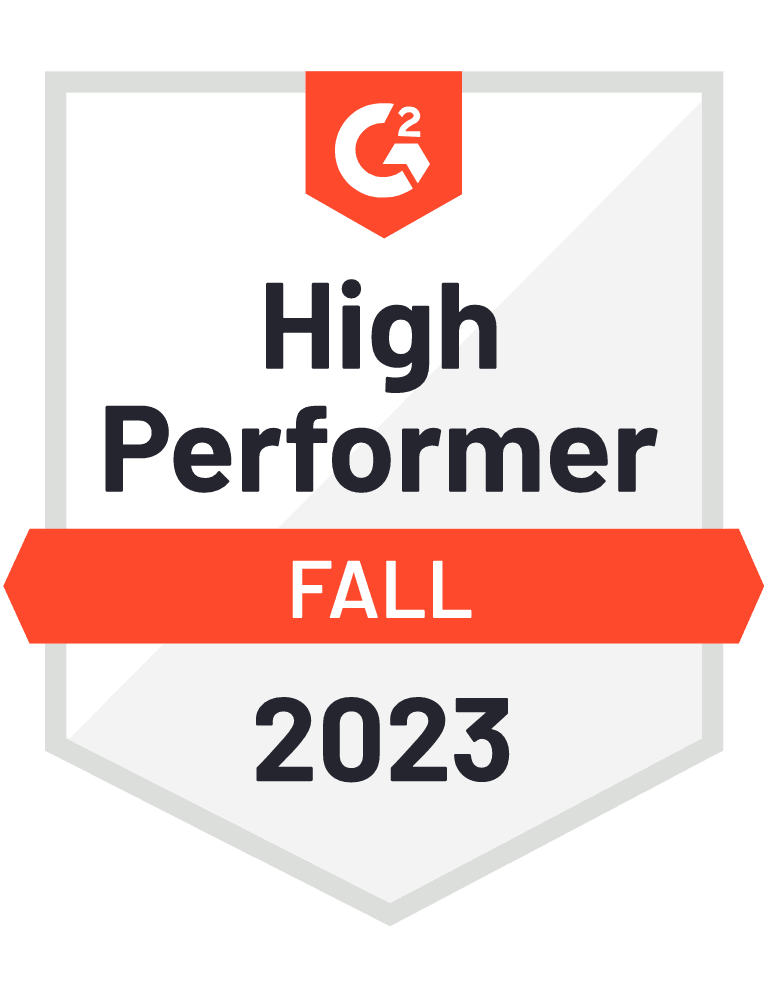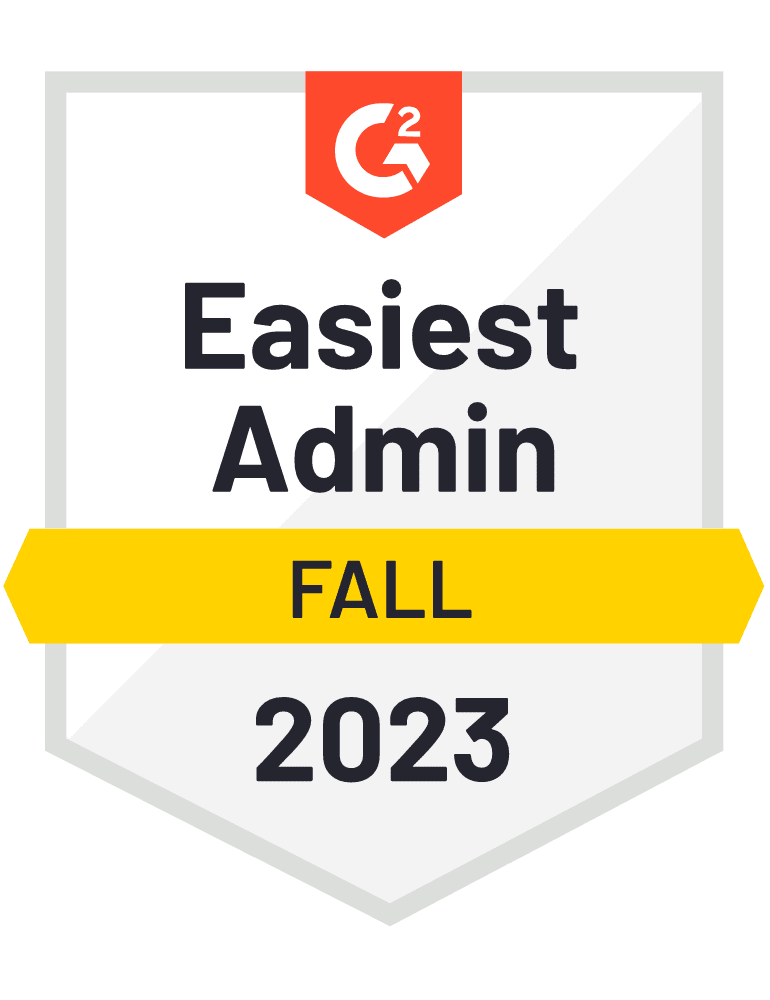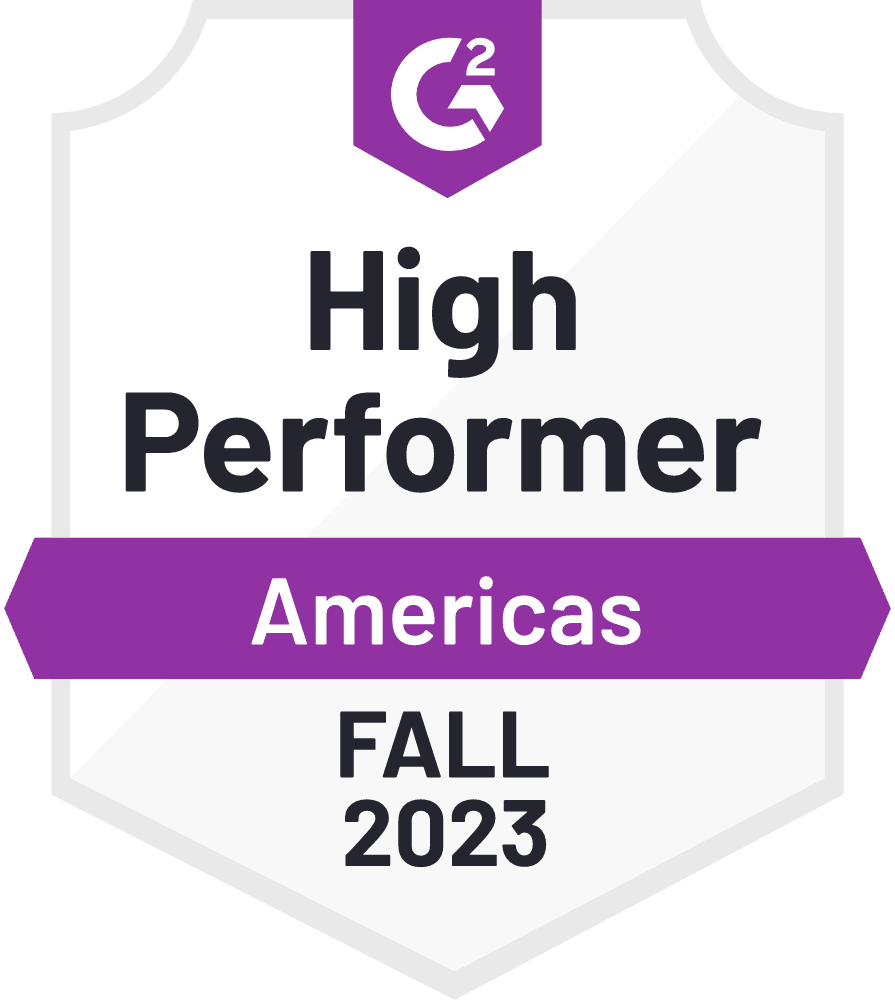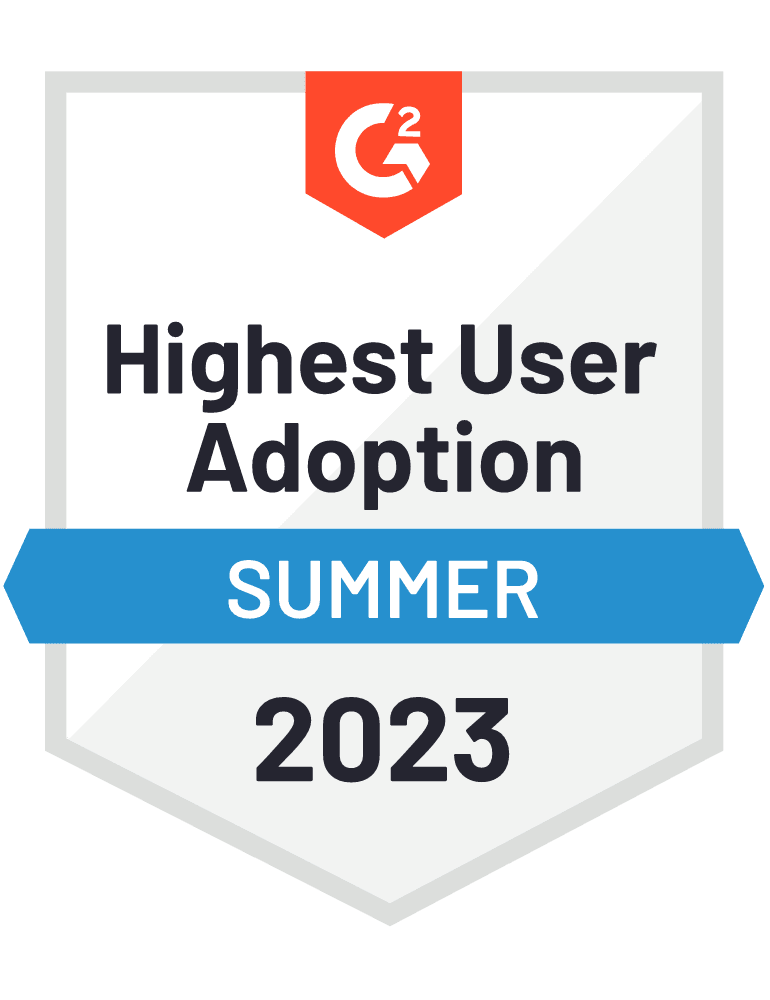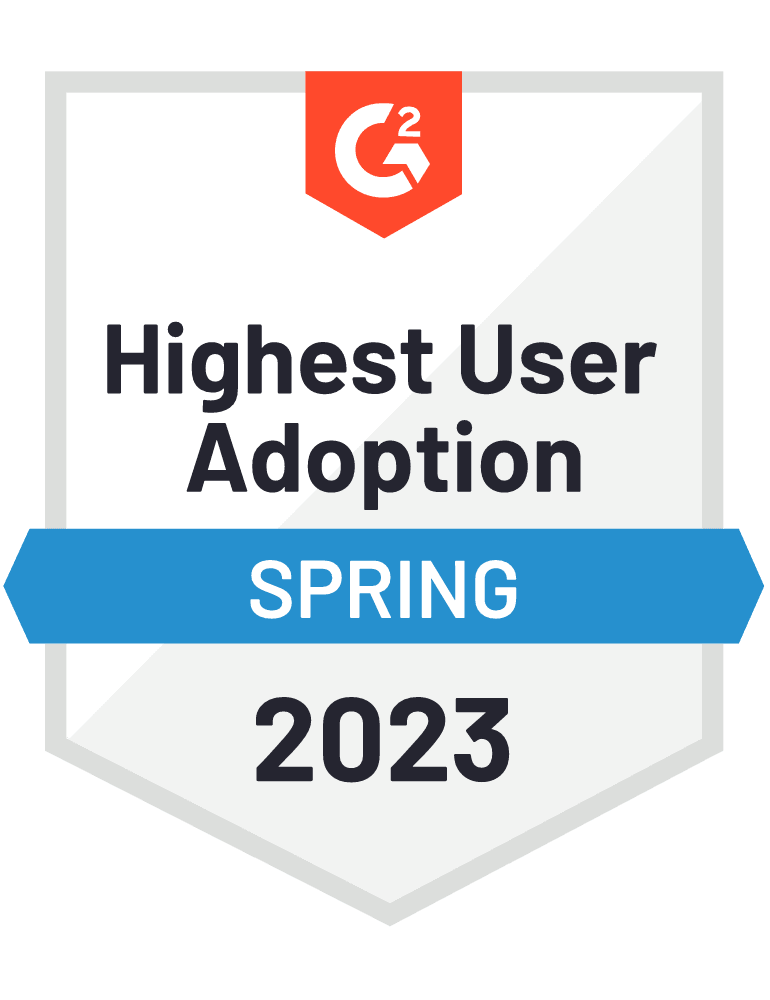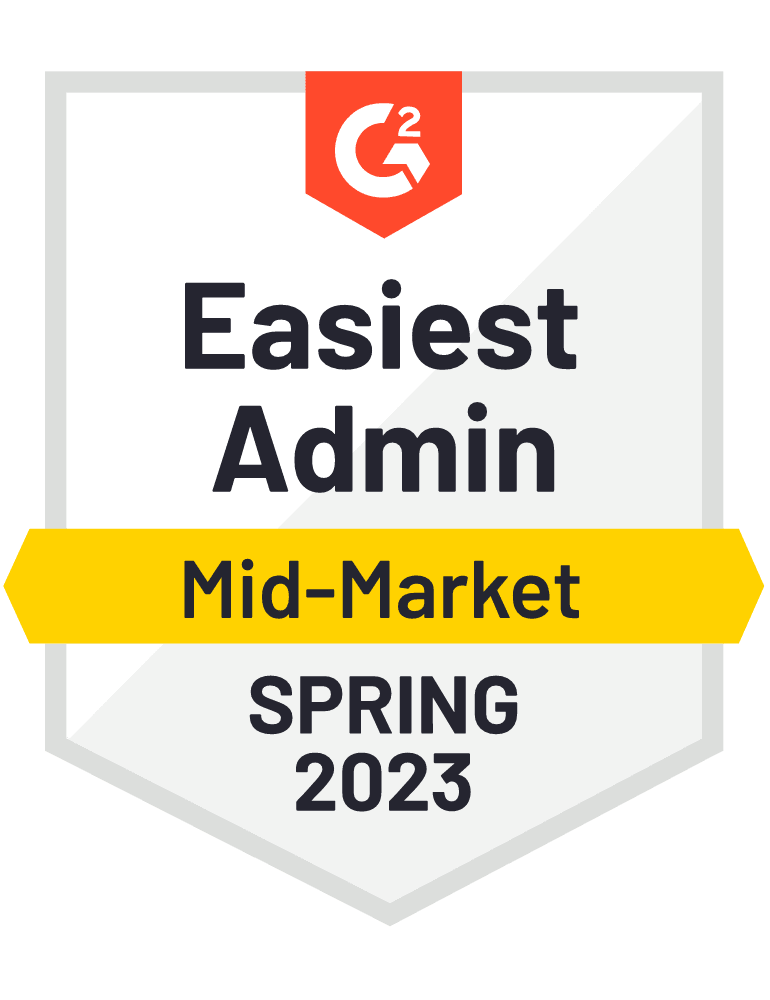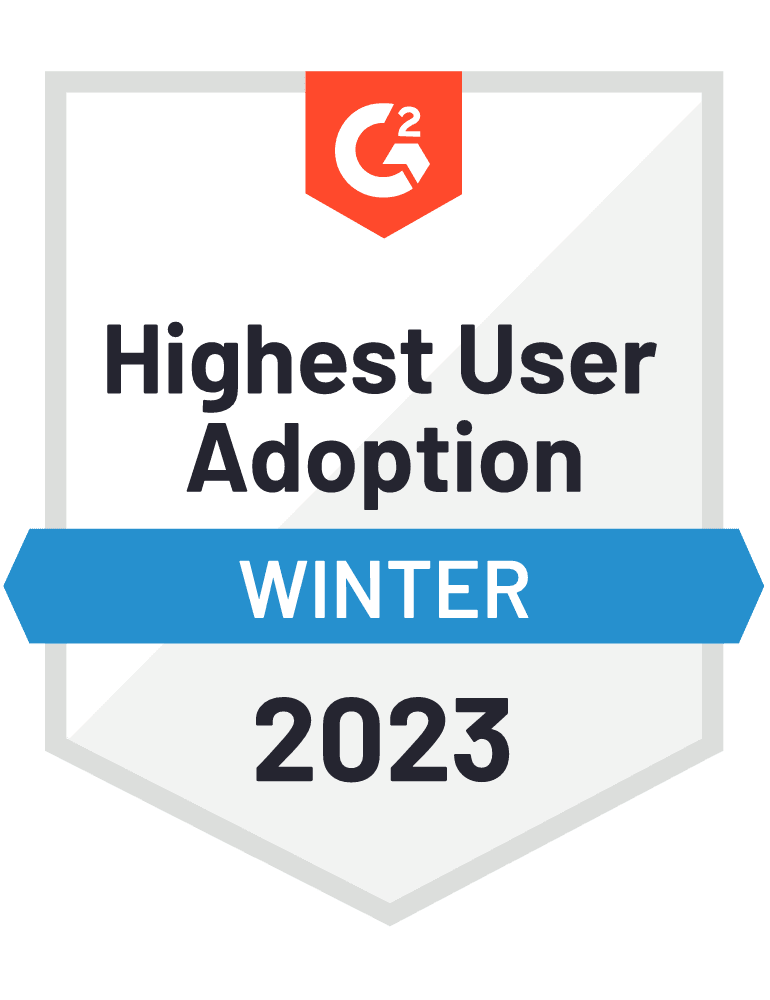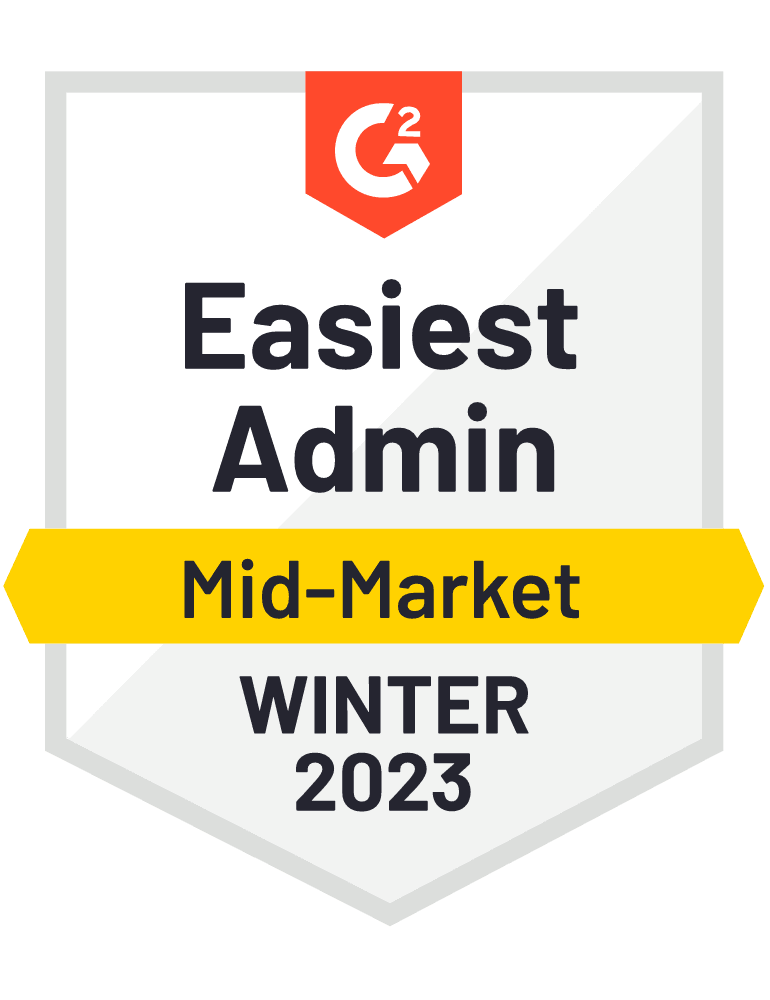We know, you’ve got a lot going on. So much, in fact, that you don’t have a ton of time to worry about what’s new in the payroll world. That’s where we come in!
Want to make sure you’re not missing important developments in the payroll scene? Never fear: we’ve got the round-up of payroll news and updates that you need to know in order to stay in the loop. This is Pay Matters – the February 2018 edition.
Read on to stay informed and stay in compliance with relevant alerts and insights that matter most for your payroll.
UPCOMING WEBINAR – KEEP ON LEARNING!
Curious about how much you can control about your employees' social media use? Learn the basics with our upcoming HR webinar!
The Do's & Don'ts of Social Media in the Workplace
There’s a good chance that most of your employees are on social media, and some of them may use their private accounts to say things about their employment. We’ll examine when and how you can regulate the use of social media in the workplace. We’ll also look at the current laws surrounding social media use and provider pointers for what to include – and avoid – in your company policy.
Register for this webinar over on our webinar page.
UPCOMING EVENTS
March 2 is National Employee Appreciation Day
Are you ready for National Employee Appreciation Day on Friday, March 2? Show your employees some appreciation by participating in this fun recognition opportunity. Some ideas to try: company-provided breakfast or lunch, ‘spirit day’ with props and photo booth, or, our personal favorite, handwritten thank you cards to each employee from their manager, commemorating a great achievement or project. Whatever you decide, this is a great opportunity to show employees how much you value them. Be sure to join the fun!
FEDERAL UPDATES
Tax Reform: Here and Now
After months of Tax Reform making headline news, many individual employees are finally seeing the effects in their paychecks.
On January 11, the IRS released the much-awaited 2018 federal withholding tables. With the new tables, many employees are seeing a drop in their federal withholding tax and more money in the bank. The IRS designed the new tables to work with the existing Forms W-4 that employers have on file, so employees do not have to submit new W-4s. (As always, employees wishing to claim an exempt status for 2018 must give their employers a new each year. In 2018, the due date for this Form W-4 is February 28 instead of February 15.)
Due to the various provisions included in the tax reform bill, employees with more complex tax situations may need to adjust their withholding to avoid over- or under-withholding. The IRS plans to update its withholding tax calculator on IRS.gov by the end of February so that employees can check if they need to have more or fewer taxes withheld. The IRS is also working to revise Form W-4 to reflect the new law.
Viventium implemented the 2018 withholding table on January 17, way ahead of the February 15 IRS implementation deadline. Viventium will continue to update you as more IRS resources become available to you and your employees. For now, check out some items already available below.
Notice 1036: 2018 Withholding Table
IRS Withholding Tables FAQ
W-2 Scam May be Back for Another Round
On January 18, the IRS issued a warning reminding employers about one of the most dangerous scams in the tax community that affected thousands of employees last year.
During the last two tax seasons, cybercriminals posing as executives sent emails requesting W-2 information from company payroll or HR departments. This “spoofing” email appeared to be coming from a chief executive officer or other senior officer, and requested lists of employees and W-2 information. Some examples of the requests were as follows:
Kindly send me the individual 2017 W-2 (PDF) and earnings summary of all W-2 of our company staff for a quick review.
Can you send me the updated list of employees with full details (Name, Social Security Number, Date of Birth, Home Address, Salary).
I want you to send me the list of W-2 copy of employees’ wage and tax statement for 2017, I need them in PDF file type, you can send it as an attachment. Kindly prepare the lists and email them to me asap. This scam gave cybercriminals access to SSNs, names, and income information, which they used to file fraudulent tax returns.
The IRS is urging all Finance and Payroll personnel to be on the alert this year again for unusual requests for employee data and to be put processes in place to increase data security. If an employer does fall victim to this scam they should notify the IRS by emailing dataloss@irs.gov with the subject line “W2 Data Loss”.
For more IRS information about cyberfraud, click here.
WOTC Is Here to Stay (for a couple of years anyway)
The Work Opportunity Tax Credit (WOTC), originally slated for repeal by the House tax reform bill, was included under the final bill and will remain the law through 2019.
The WOTC is a federal tax credit that benefits employers who hire individuals from specific targeted groups including veterans, food stamp recipients, ex-felons, and the long-term unemployed. The credit incentivizes employers to hire individuals who face significant barriers to employment.
For more information on the WOTC, click here.
STATE UPDATES
HHAs May Still Exclude Meals and Sleep Time from Pay
As previously reported, NYS DOL had issued an emergency rule allowing home health agencies to continue excluding qualified meal and sleep periods from pay despite court rulings in September, 2017 to the contrary. This emergency rule expired on January 4, 2018, but has now been readopted until April 4. In fact, DOL announced that it “intends to adopt this emergency rule as a permanent rule and will publish a notice of proposed rulemaking in the state register at some future date.”
Thus, employers can continue to rely on the emergency rule and need not pay for a qualified meal and sleep periods. As always, all pay practices should be reviewed with your legal counsel for compliance.
New York Restaurant? Here’s Your Chance to be Heard
New York State is considering ending the tip credit which allows employers to pay less than the minimum wage to tipped employees under certain conditions. To give you a say, NYS DOL has announced the schedule of public hearings which “will be focused on the scope of the problem, including the hardships created by tipping, reasons for, and ramifications of eliminating the subminimum wage in impacted occupations (i.e., car wash worker, beautician, waiter, bartender, dog groomer, tow truck driver, wedding planner, tour guide, etc.) and recommendations for the potential elimination timelines and complicating factors.”
The New York City hearings for restaurants will take place during the week of June 25. Testimony should include name, organization, contact information, and a short summary statement. Oral presentations are limited to three minutes, and written testimony must be submitted before July 1, 2018, to hearing@labor.ny.gov.
You can register for the hearings and get more information here.
Maryland Legislature Enacts Paid Sick Leave
After much debate, Maryland employees will finally receive paid sick leave.
Originally passed in 2017, Maryland’s paid sick leave law required employers with 15 or more employers to allow 1 hour of paid sick leave for every 30 hours worked for those employees who work at least 12 hours a week. The accrual was capped at 40 hours annually. Smaller employers were required to provide unpaid leave.
On May 25, 2017, the legislation was vetoed by Governor Larry Hogan. However, last week, both the Maryland State House and Senate voted to override the veto.
Maryland’s paid sick leave law, as detailed above, takes effect February 11, 2018.
For a copy of the legislation, click here.
LOCAL UPDATES
New York City Gives Workers Right to Two Schedule Changes Annually
Effective July 18, employers must allow employees to make two temporary work-schedule changes for qualifying personal events, annually. Qualifying changes can be for any reason that qualifies under the New York City Earned Sick and Safe Leave Act, such as caring for a sick relative.
Employees can make changes to their work schedule for up to one business day. Changes may include remote work, unpaid leave, or changes to work-hours.
The measure does not apply for employees working fewer than 120 days for their employer, or who work fewer than 80 hours annually in New York City. The law creates a written process for communicating schedule changes and protections against employer retaliation for such requests.
For the text of the measure, click here.
HR HEADS UP
California Enacts Several New Employee Requirements in 2018
California, true to its history as an employee-friendly state, has enacted several new employer requirements effective 1/1/2018.
Salary History Inquiry Restriction
Paralleling New York, California employers are no longer allowed to inquire about a job applicant's salary history during the hiring process. An applicant is allowed to voluntarily disclose this information. The law is intended to help eradicate gender wage disparity by preventing new salaries from being based on past salary.
This law applies to all employers regardless of size and location.
Ban the Box
California employers with 5 or more employees can no longer inquire about a job applicant's criminal history until after a conditional offer of employment has been made.
After a conditional offer is made, the employer may inquire into the applicant’s criminal history. If an employer chooses to rescind an offer based on his findings, the employer must
- Do an assessment linking the employee’s criminal history to the specific job duties;
- Notify the applicant in writing that the rescinded offer was due to criminal history; and
- Give the applicant 5 days to respond and challenge the denial with further evidence.
Harassment Training
Employers with 50 or more employees must provide supervisory employees with at least 2 hours of sexual harassment training within 6 months of becoming a supervisor. The training must be repeated every 2 years.
Parental Leave
California expanded its parental leave protections to employees of small companies. Previously, employers of 50 or more employees were required to grant new parents with 12 weeks of unpaid leave for a qualifying purpose. Effective 1/1/18, those requirements apply to employers with 20 or more employees.
Employees are eligible for this leave only if they have worked for the employer for at least 12 months, and have completed 1,250 hours of work in the 12 months immediately prior to taking the leave
For more information on the recently enacted California laws, click here.
This information is for educational purposes only, and not to provide specific legal advice. This may not reflect the most recent developments in the law and may not be applicable to a particular situation or jurisdiction.

